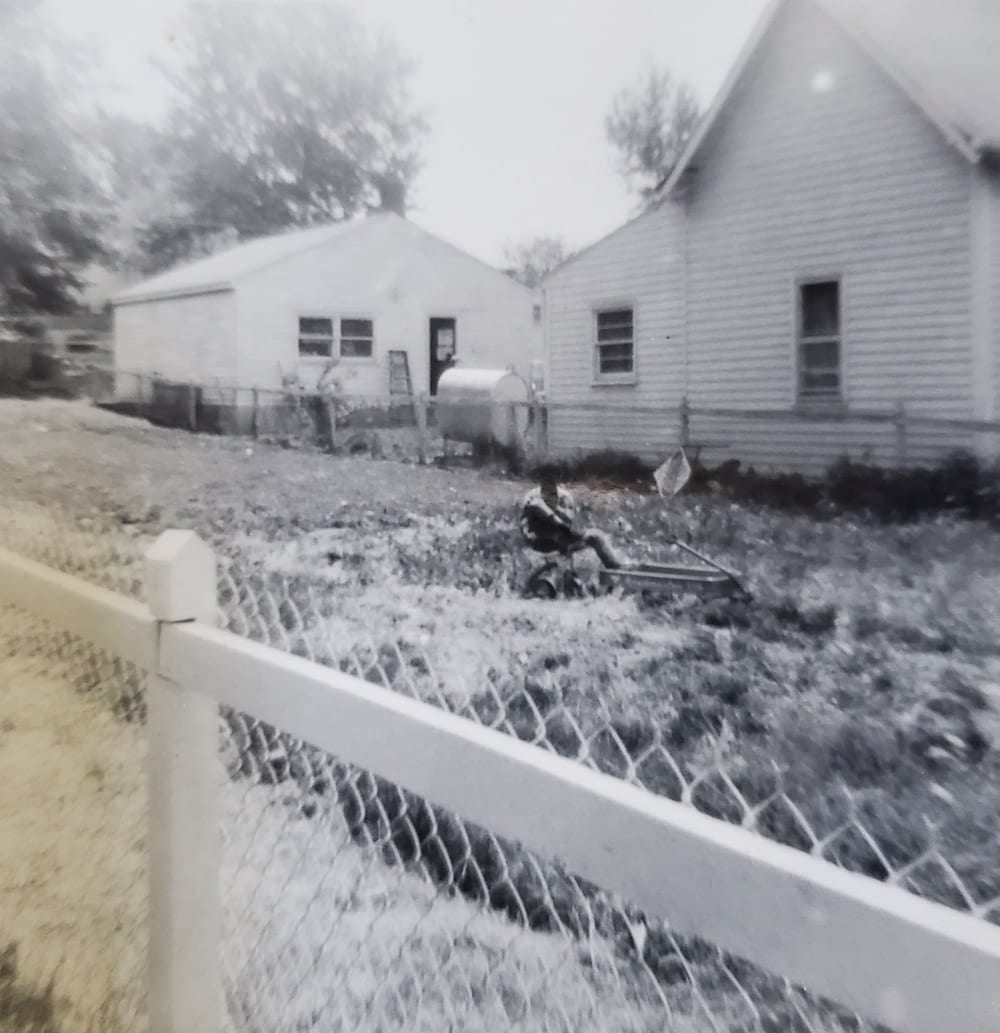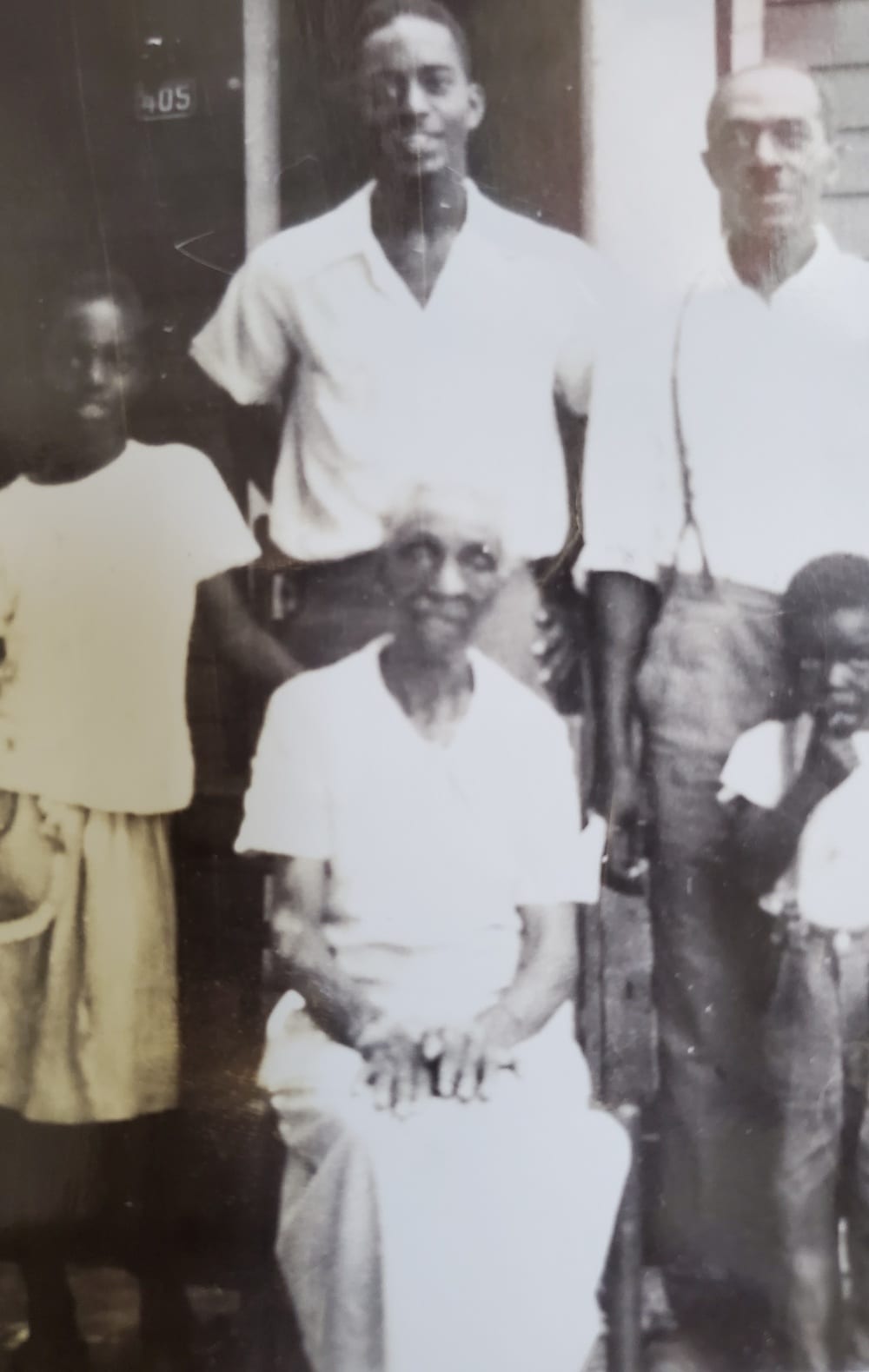You could say Mary Ann Newell, born into segregation a year after slavery was outlawed, left joy as a legacy for her great-grandaughter.
“She shouted about everything,” says Shirley Webster of Indianapolis. “It didn’t matter. Bad news, good news, she sang and danced. It was hardship for them but she was a happy person.”
Webster was born in Hopkinsville, Kentucky, the town where her great-grandmother lived. And she fondly remembers how Newell funneled her good nature into growing a garden that fed her rural community.
More than a century later, it seems Webster has inherited the family’s green thumb for goodwill.
Still spry at 82, Webster is donating a patch of land to expand her garden — and make a bigger impact on the Hillside neighborhood on Indianapolis’ near north side.
“[My great-grandmother] would think this was just the natural part of living [to] have a garden,” Webster says of her ancestral knack for altruism. “To her, that’s what God intended for us to do. Gardening to live.”
Indeed, in an area where 40% of people live in poverty — the highest percentage in Marion County — health experts said the expanded community garden will provide fresh produce in an area designated as a food desert.
“There are some people that say you are what you eat, so garbage in, garbage out,” said Dr. Jerry Smartt, a neurologist and member of the American Heart Association’s Indianapolis board of directors. “We actually need to practice what we preach.”
Community gardens have popped up across the Indianapolis area and the nation — often organized by community or religious groups. The projects strengthen social connections, encourage self-reliance and beautify communities, said the American Community Gardening Association, which represents more than 2,100 gardens.
Webster’s family has been using the garden to grow collard greens and peppers since the 1940s. In 2000, she invited neighbors to use it, as a way to bring generations together. By 2015, she’d paired up with Women In Touch Ministries and Northwest Neighborhood Planners gardening programs to expand her reach.

An artist’s rendering of the expanded garden in the Hillside neighborhood. The new garden will now be 10,000 square feet. (Photo courtesy of Synthesis)
Now, the American Heart Association is partnering with Webster and construction companies to expand the garden and give more people access to healthier foods low in cholesterol — mainly fruits and vegetables.
Smartt said a recent study shows food insecurity is linked to a 1% increase in heart disease. Foods high in cholesterol and fat build up along the walls of blood vessels, harden them and contribute to high blood pressure, heart disease and stroke.
The prevalence of high blood pressure, or hypertension, in African Americans is the highest in the world, the association reports. Hypertension, obesity and diabetes are common conditions that increase the risk of heart disease and stroke.
Smartt says the expanded garden also will have blood pressure stations to help people monitor and control their blood pressure.
Webster said the land, located near 20th Street and Hillside Avenue, has been home to a garden in one form or another for most of the last 80 years.
It was recently tilled and staked, and organizers are awaiting permits for drainage and further construction. Over the next few months, sponsors will put in electrical wiring and plumbing. Raised garden beds will be installed in time for spring planting and the finished garden will be more than 10,000 square feet.
“I’m grateful to be able to host this community garden as a way to improve the lives of my neighbors,” Webster says.
She grew up going to the grocery once a month in the community, which she refers to as “poor people” who learned to make things last. Today, her neighbors, mostly Black, retired seniors, have to make a 20-minute trek to find a grocery store with fresh produce and variety. For that, she says, you need a car.
“We have to leave our neighborhood to get to the stores that offer a lot of healthy alternatives,” she says. “These are problems that keep us outside of the groove of learning how to eat better.”
She adds, “We eat the way we’re trained and how we grow up.”
Webster hopes to pass down a rich cultural pride to teens who visit the garden — including the knowledge that their ancestors, similar to her own, likely lived off the land. She carries the grit her relatives sowed years ago on different land, along with the same spirit of service that will turn no one away from the garden.
“I don’t even understand now how they were so happy,” she said of her great-grandmother’s family. “They sacrificed a lot.
“I want my community to really understand how blessed we are. We just need to take ownership of that. We need to tell our own stories so that our children can be proud of something.”
This story was reported as part of a partnership between WFYI, Side Effects Public Media and the Indianapolis Recorder. Contact Hilary Powell at hpowell@wfyi.org. Follow her on Twitter @mshilary.










